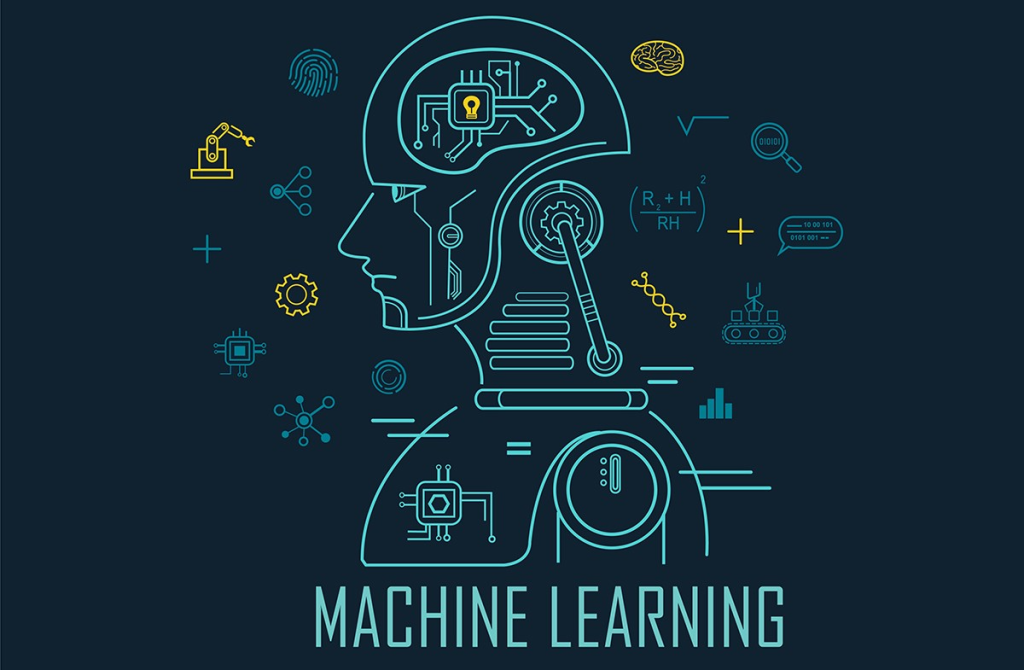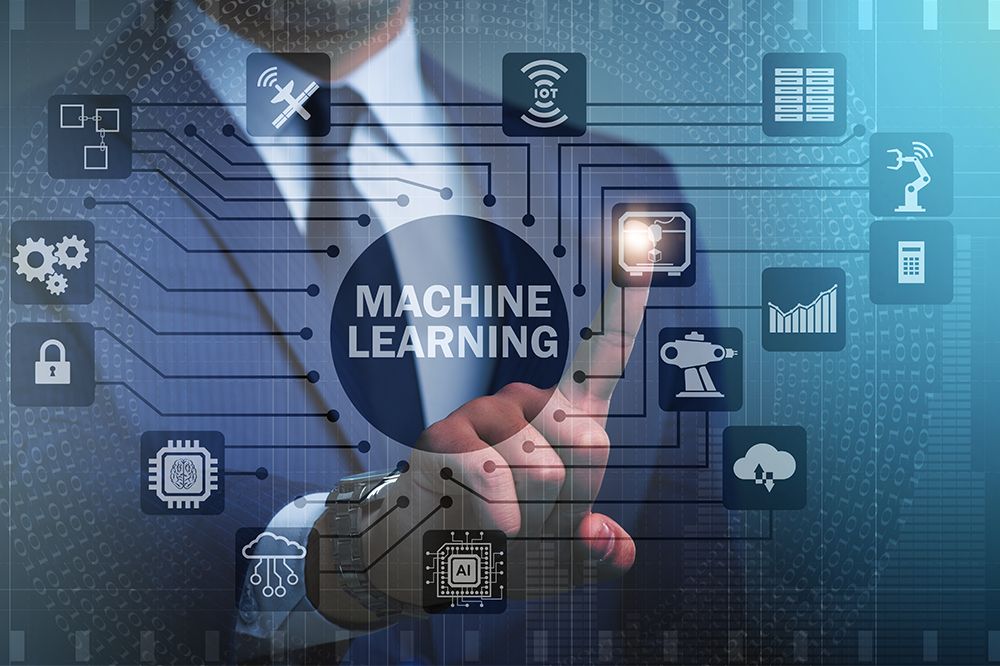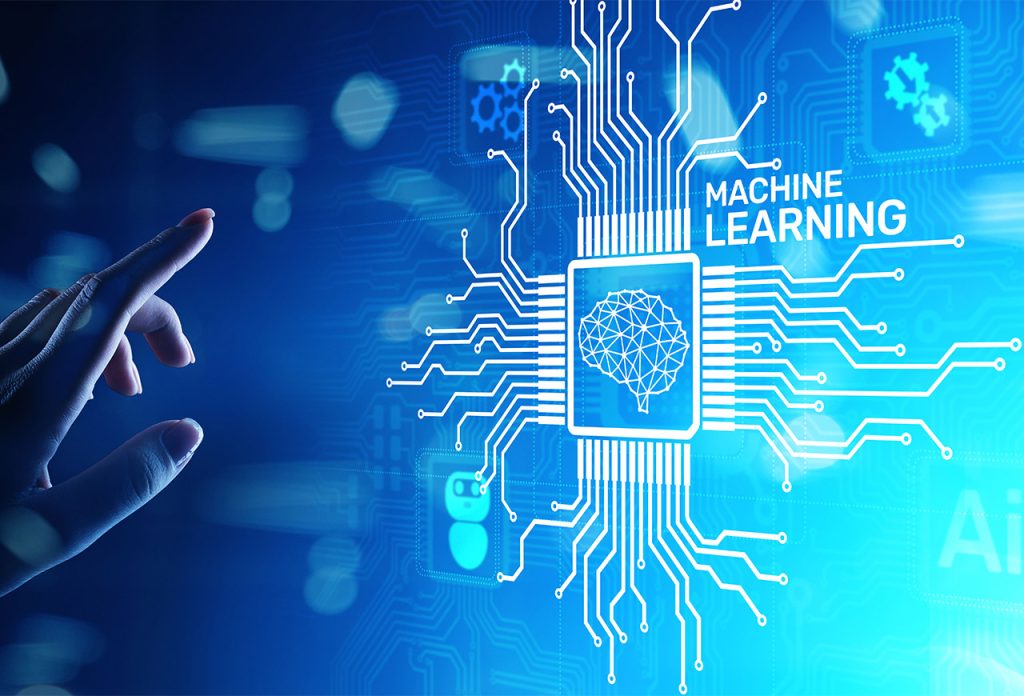With the exponential growth of data generation and storage, data centers have become crucial for businesses to manage and process their data effectively. However, with this increasing demand, data centers are also facing challenges such as energy consumption, operational risks, and customer retention. This is where machine learning comes into play, revolutionizing data center operations and providing numerous benefits. In this article, we will explore the various applications of machine learning in data centers and its impact on efficiency, operational risks, customer retention, power and energy consumption.
Improving Efficiency
The growing demand for data has led to an increase in the number of physical infrastructure components in data centers. As a result, managing and maintaining these components manually has become a daunting task for data center operators. This is where machine learning can assist in automating physical infrastructure management, resulting in improved efficiency and reduced costs.

Machine learning helps automate the management of physical infrastructure, leading to enhanced efficiency and lower costs
Automated Infrastructure Management
Data centers rely heavily on various types of equipment such as servers, routers, switches, and cooling systems to function efficiently. These components require regular maintenance and monitoring to ensure they are working optimally. With machine learning, data centers can automate the management of these components, reducing the need for manual intervention.
For instance, Google, Meta (Facebook), and Microsoft have implemented machine learning algorithms to manage and optimize their data center infrastructure. These algorithms analyze data from various sensors, such as temperature, humidity, and power usage, to predict any potential issues or failures in the equipment. This enables data center operators to take proactive measures and avoid any downtime, leading to improved efficiency and cost savings.
Energy Consumption Optimization
Data centers consume a significant amount of energy to power and cool their equipment. With the increasing demand for data processing and storage, energy consumption has become a major concern for data center operators. However, machine learning can help optimize energy consumption by analyzing data from various sources, such as server workloads, ambient temperature, and cooling system efficiency.
Google, one of the largest data center operators globally, has implemented machine learning algorithms to optimize its energy consumption. These algorithms continuously monitor data center operations and make real-time adjustments to optimize power usage. As a result, Google has been able to reduce its energy consumption by 40%, resulting in substantial cost savings.
Minimizing Operational Risks
Data centers are responsible for storing and processing crucial data for businesses, making it essential to minimize operational risks that could lead to outages and downtime. Machine learning can assist in mitigating these risks by providing real-time performance monitoring, predictive maintenance, and proactive risk mitigation.

Machine learning can help reduce these risks by offering real-time performance monitoring, predictive maintenance, and proactive risk management
Real-Time Performance Monitoring
In a data center, every piece of equipment plays a critical role in ensuring smooth operations. Any failure or underperformance can have severe consequences, leading to costly downtime. Machine learning algorithms can continuously monitor the performance of these components and provide real-time alerts in case of any anomalies or deviations from normal behavior.
This real-time performance monitoring enables data center operators to take immediate action and prevent any potential failures. By avoiding costly downtime, machine learning helps data centers save money and maintain their reputation for reliable operations.
Predictive Maintenance
Traditional maintenance practices involve scheduled maintenance of equipment at regular intervals, regardless of their actual condition. This can lead to unnecessary downtime and maintenance costs. Machine learning algorithms can analyze performance data from equipment and predict when a component may fail, allowing for targeted maintenance.
This predictive maintenance approach reduces the chances of unexpected failures, leading to reduced downtime and maintenance costs. It also helps data centers plan their maintenance schedules more efficiently, resulting in improved operational efficiency.
Proactive Risk Mitigation
Machine learning algorithms can analyze vast amounts of data from various sources, such as sensors, logs, and alarms, to identify patterns and anomalies that may indicate potential risks. When an anomaly is detected, the system can trigger an alert, and data center operators can take proactive measures to mitigate the risk before it escalates.
This proactive risk mitigation approach helps data centers prevent any potential issues that could lead to outages or data loss, resulting in significant cost savings and maintaining high levels of reliability.
Enhancing Customer Retention through Data Insights
With the increasing number of businesses relying on data centers to store and process their data, customer retention has become crucial for data centers’ success. Machine learning can assist in enhancing customer retention by providing data insights that enable data centers to understand and predict customer behavior, identify trends, and provide personalized experiences.

Machine learning enhances customer retention by leveraging data insights to understand and predict customer behavior and offer personalized experiences in data centers
Understanding and Predicting Customer Behavior
Data centers have access to vast amounts of data, including customer usage patterns, preferences, and behaviors. Machine learning algorithms can analyze this data to understand and predict customer behavior, such as which services they use the most, peak usage times, and preferences.
This understanding allows data centers to anticipate their customers’ needs and tailor their services, accordingly, resulting in higher customer satisfaction and retention rates.
Analyzing Large Datasets
Data centers are responsible for storing and processing massive amounts of data for businesses. Machine learning can assist in analyzing this data to identify patterns and trends, which can help businesses make informed decisions. By leveraging machine learning, data centers can offer additional services such as data analytics and insights to their customers, resulting in increased customer satisfaction and retention.
Personalized Customer Experiences
Data centers can use machine learning to create personalized experiences for their customers based on their preferences and behavior. For instance, they can personalize the user interface of their services, recommend relevant content or services, and provide targeted offers and promotions.
By utilizing machine learning to enhance customer experiences, data centers can differentiate themselves from their competitors and retain their customers in a highly competitive market.
Managing Power and Energy Consumption
As mentioned earlier, energy consumption is a significant concern for data centers due to the substantial amount of energy required to power and cool their equipment. Machine learning can assist in managing power and energy consumption by optimizing server workloads, correcting inefficiencies, and providing recommendations for server replacement.
Optimizing Server Workloads
Data centers have to manage varying workloads at different times, leading to inefficient utilization of resources. With machine learning, data centers can optimize server workloads by analyzing historical data and predicting future workloads. This allows them to allocate resources efficiently and reduce energy consumption.
Correcting Inefficiencies
Machine learning algorithms can analyze data from various sources, such as sensor readings and performance metrics, to identify any inefficiencies in energy usage. By identifying and correcting these inefficiencies, data centers can significantly reduce their energy consumption and associated costs.
Server Replacement Recommendations
As servers age, they become less efficient and require more energy to function. By analyzing performance data, machine learning algorithms can recommend when a server should be replaced to improve efficiency and reduce energy consumption. This approach helps data centers plan their hardware replacements more effectively and optimize their energy consumption.
Conclusion
The increasing demand for data processing and storage has put data centers under immense pressure to provide reliable, efficient, and cost-effective services. With the help of machine learning, data centers can achieve these objectives by automating management tasks, minimizing operational risks, enhancing customer retention, and managing power and energy consumption. As organizations continue to generate more data, the role of machine learning in data centers is only set to grow, making it a crucial technology for data center operators to stay competitive and meet the ever-increasing demands of their customers.


